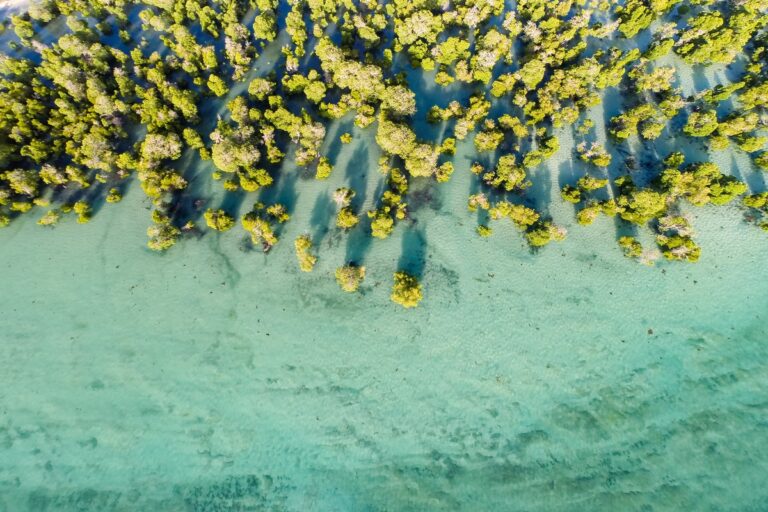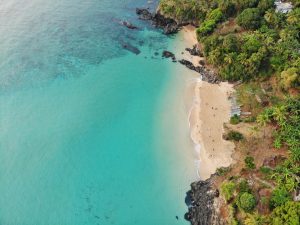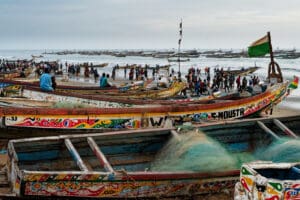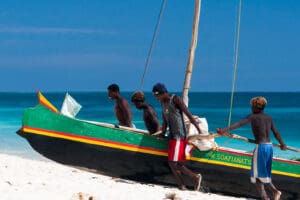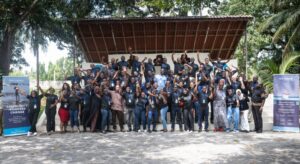Blue Ventures is pleased to announce – in partnership with our collaborators at the University of Antananarivo, the WWF Madagascar West Indian Ocean Programme Office and the US Geological Survey – the publication of a paper that maps and quantifies mangrove loss in Madagascar, as well as mangrove characteristics at four key conservation sites.
Using data kindly provided by the US Geological Survey, our work highlights the staggering rate of mangrove loss in Madagascar. Between 1990 and 2010, due to both human and natural causes, 21% of the island’s mangroves – an area equivalent in size to 80,000 football pitches – were lost.
Knowing the national rate of ecosystem loss is vital in order to inform national policy, particularly in light of the Paris Agreement. Mangroves store an extraordinary amount of carbon, particularly in their organic-rich sediments. When mangroves are destroyed, a significant amount of this carbon is released into the atmosphere, contributing to global warming. The high rates of mangrove loss detailed in this paper support the integration of mangroves into national climate change mitigation initiatives.
But mangroves are not just important to climate change mitigation at global and national scales. Mangroves support the livelihoods of tens of thousands of coastal people in Madagascar. Additionally, due to their role in coastal protection, they are also critical to climate change adaptability at a local scale. While coastal people are often the primary agents of mangrove deforestation, they also stand to lose the most from this destruction with the consequential loss of goods and services. Coastal people are the key to tackling mangrove deforestation.
The localised analysis in this paper allows NGOs and government initiatives to pinpoint areas of high rates of loss, where communities are in most need of help. Pragmatic solutions that not only put the brakes on mangrove loss but also counteract the local opportunity cost associated with limiting mangrove deforestation are desperately needed.
Through its Blue Forests programme, Blue Ventures is working with local partners to prove the viability of harnessing the carbon stored in mangroves to catalyse sustainable mangrove management. This carbon has a value on the international carbon market. If this value can be realised and transferred to the people whose livelihoods depend on the exploitation of mangroves, this benefit has the potential to both incentivise and fund sustainable, locally-led mangrove management and restoration. Thus, preventing the continued wholesale loss of these invaluable ecosystems and ensuring the long-term sustainability of coastal livelihoods.
Read the full paper: Madagascar’s Mangroves: Quantifying Nation-Wide and Ecosystem Specific Dynamics
Find out more about our Blue Forests programme

